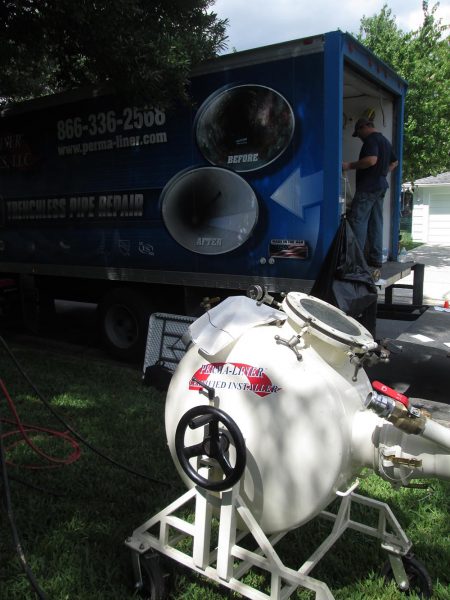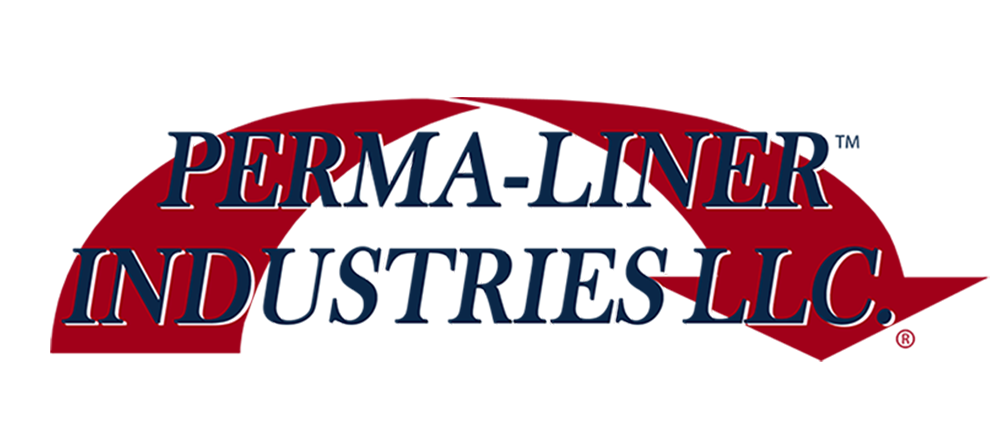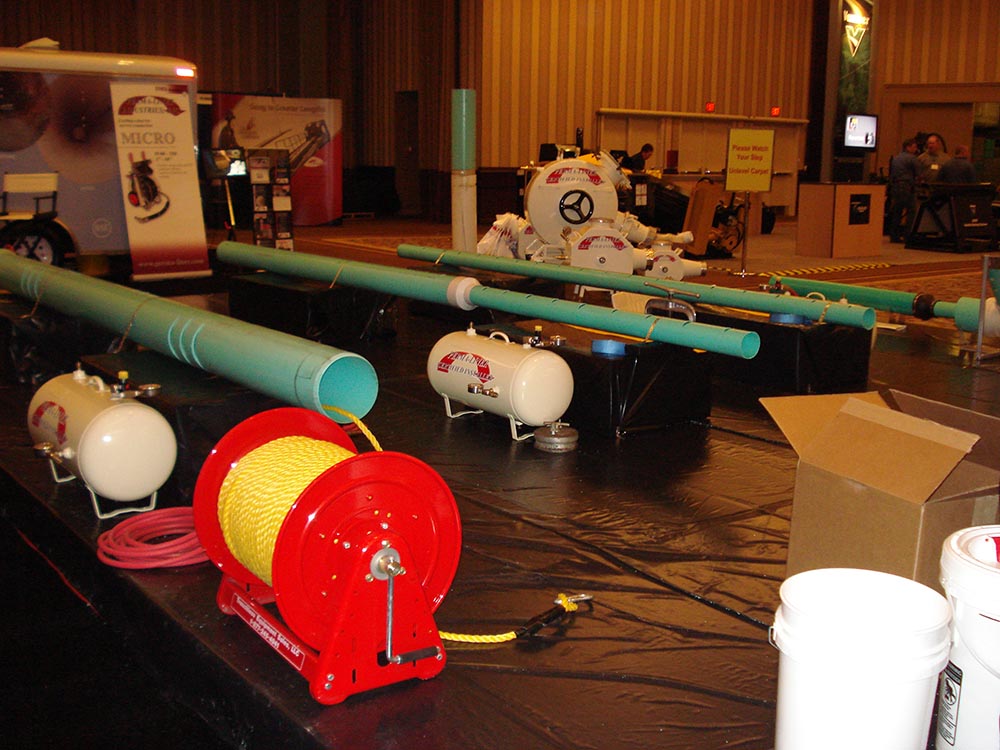The city of Denver has a plethora of outdoor activities to keep you engaged and entertained. The parks, museums and botanical gardens alone, create a treasure chest of opportunities to choose from- for visitors and residents alike. The scenic landscaping of homes, featuring impressive architectural design, only add to the attraction that the city brings. However, many of the homes in Denver and nearby, are aging and needing to be routinely inspected and maintained. These homes are complete with vital internal systems which are susceptible to fractured and collapsing pipelines. This is particularly true of older Denver properties. In the city, repairs to a sewer line can cost upwards of roughly $10,000 or more. The expense can be even greater when repair crews need to dig up landscaping, remove subfloors or access city infrastructures. Here at Perma-liner™ Industries, we recommend trenchless, or NO-Dig as the only way to go- for cost effectiveness, as well as the aesthetics of your beautiful lawn. After all, if you’ve put a lot of effort into your landscaping, you want to keep it intact. If your home was built prior to 1975, sewer lines were made of vitrified clay pipe- which is susceptible to tree root infiltration and has multiple joints that can become separated or misaligned- causing leaks. Ground settling and erosion can also cause a predicament as it causes older pipes to move or collapse. A few other culprits to an unsatisfactory sewer system include backed-up plumbing, water pooling in the tub or shower, and water or sewage coming up through a basement floor drain. Inspections of the sewer line are the best preventative. Most insurance policies cover water damage but not the cost of replacing a pipe. Homeowners who suspect there might be a problem with their water line should look for poor water pressure and low volume, which is indicative of pipe corrosion. A wet spot in the yard also might mean a pipe is leaking. Additionally, it helps to know where all of the home’s water shutoff valves are located. In some older homes, there will be a meter valve and a curb stop valve.
Denver, did you know? This year, the city will introduce a new system which will use gravity to pull the water from drying beds and cycle it back to the treatment plant for reuse instead of releasing it all into the creek. Drying beds are used to drain water, as well as to filtrate. The new process is expected to save an average of 730,000 gallons of water per day through reuse.
























